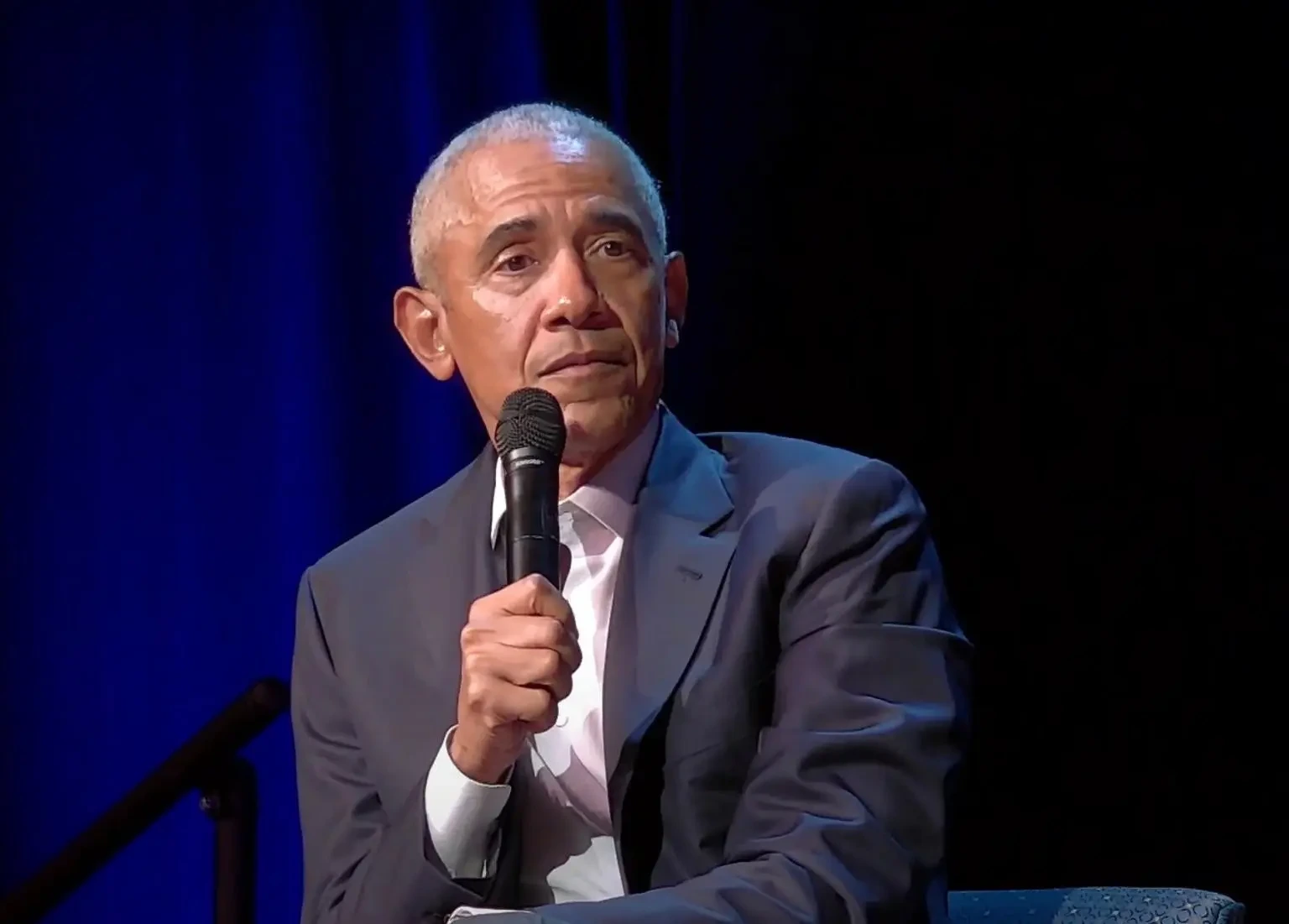CJN Warns Lawyers on AI Integration in Legal System, Urges Safeguard of Religious and Cultural Values

ILORIN, NIGERIA — The Chief Justice of Nigeria (CJN), Justice Kudirat Kekere-Ekun, has cautioned legal practitioners against the unchecked integration of Artificial Intelligence (AI) into Nigeria’s legal framework, stressing the need to protect the country’s cultural values, religious beliefs, and established legal systems.
Speaking through Justice Ridwan Maiwada Abdullahi, Presiding Justice of the Court of Appeal, Ilorin Division, at the 16th Annual General Conference of the Muslim Lawyers Association of Nigeria (MULAN) held over the weekend in Ilorin, Kwara State, the CJN described the theme of the conference — “Artificial Intelligence, Law and Religion in Nigeria” — as both timely and critical.
“AI must be thoroughly scrutinised to ensure it does not distort our religious principles or interfere with our cultural heritage,” Justice Kekere-Ekun said. She warned that while AI offers promising benefits, it lacks empathy and the contextual understanding required in legal matters, particularly those involving personal and communal relationships.
The CJN emphasised that Islamic legal principles could be compromised if AI is deployed without caution, highlighting the responsibility of Muslim legal professionals to ensure AI’s ethical use.
Kwara State Governor AbdulRahman AbdulRazaq, represented by the Attorney General and Commissioner for Justice, Ibrahim Sulaiman, officially opened the conference, which drew top jurists, legal scholars, and policy experts from across the country.
MULAN National President, Saidu Muhammed Tudun-Wada, acknowledged the potential of AI in enhancing legal practice, including tools like predictive case analytics and automated legal research. However, he raised concerns about AI’s ability to understand and apply the nuanced judgment often required in Islamic jurisprudence and complex human legal matters.
In a keynote address, former Minister of Communications and Digital Economy, Prof. Isa Ali Pantami, advocated for the creation of a National Artificial Intelligence Development and Deployment Act, alongside a National Accountability and Liability Act to regulate the actions of AI developers and users, especially in cases involving criminal misuse.


